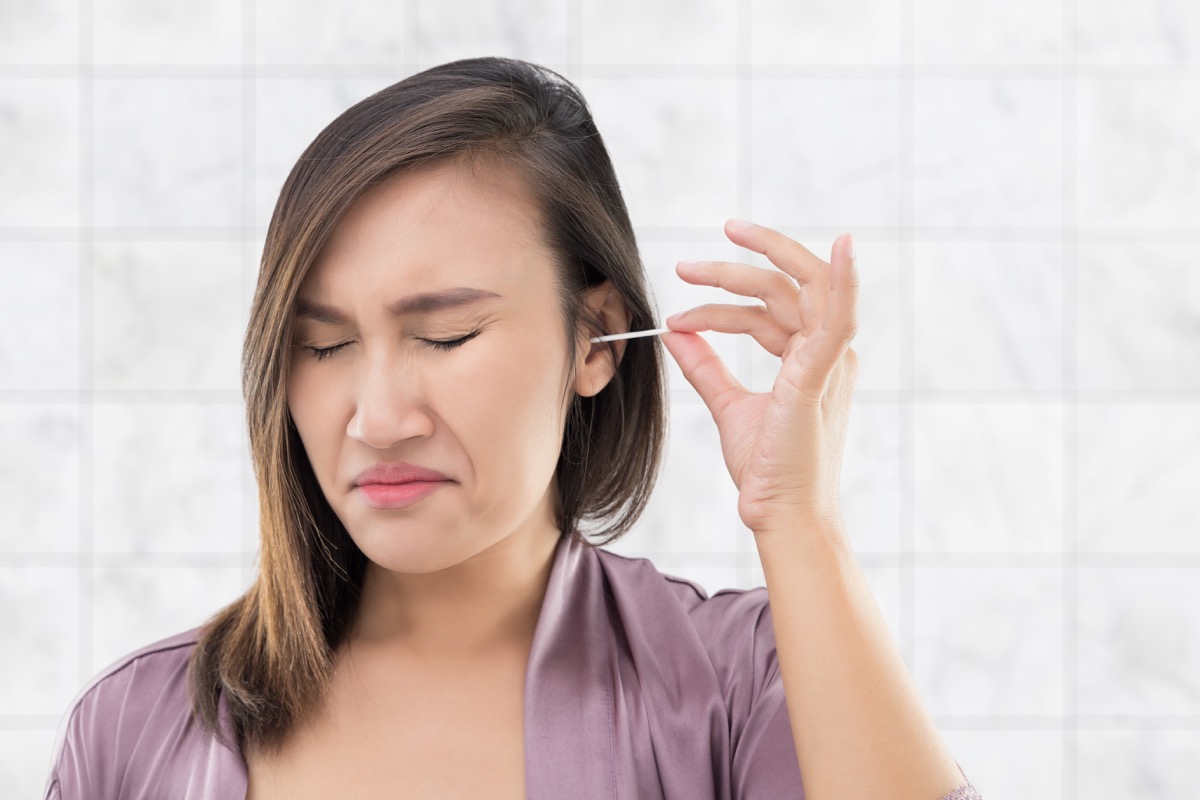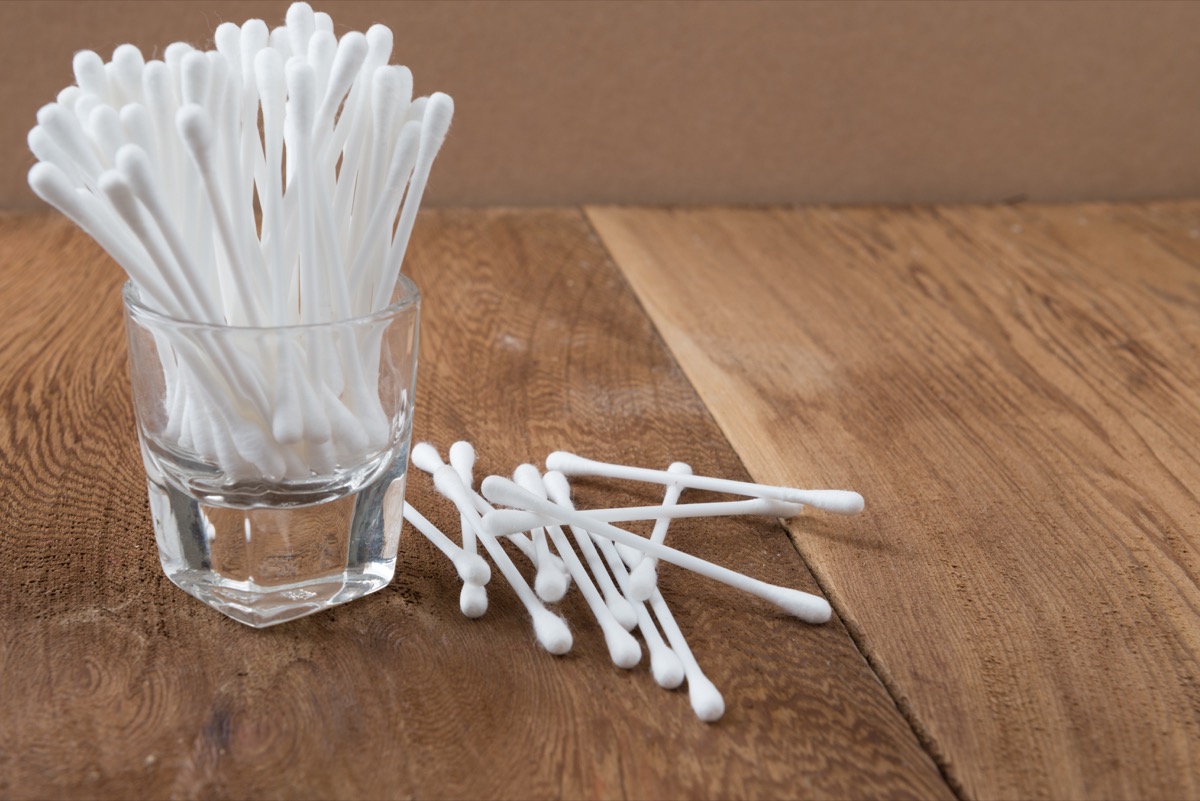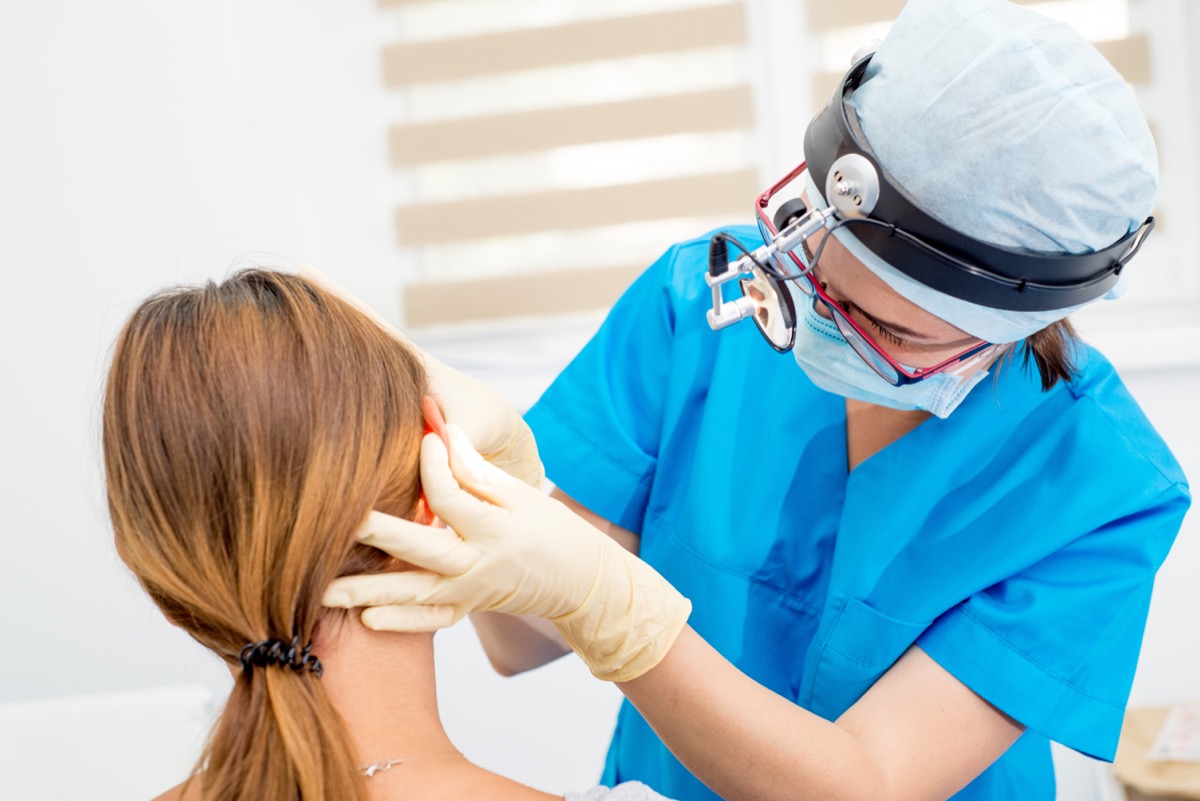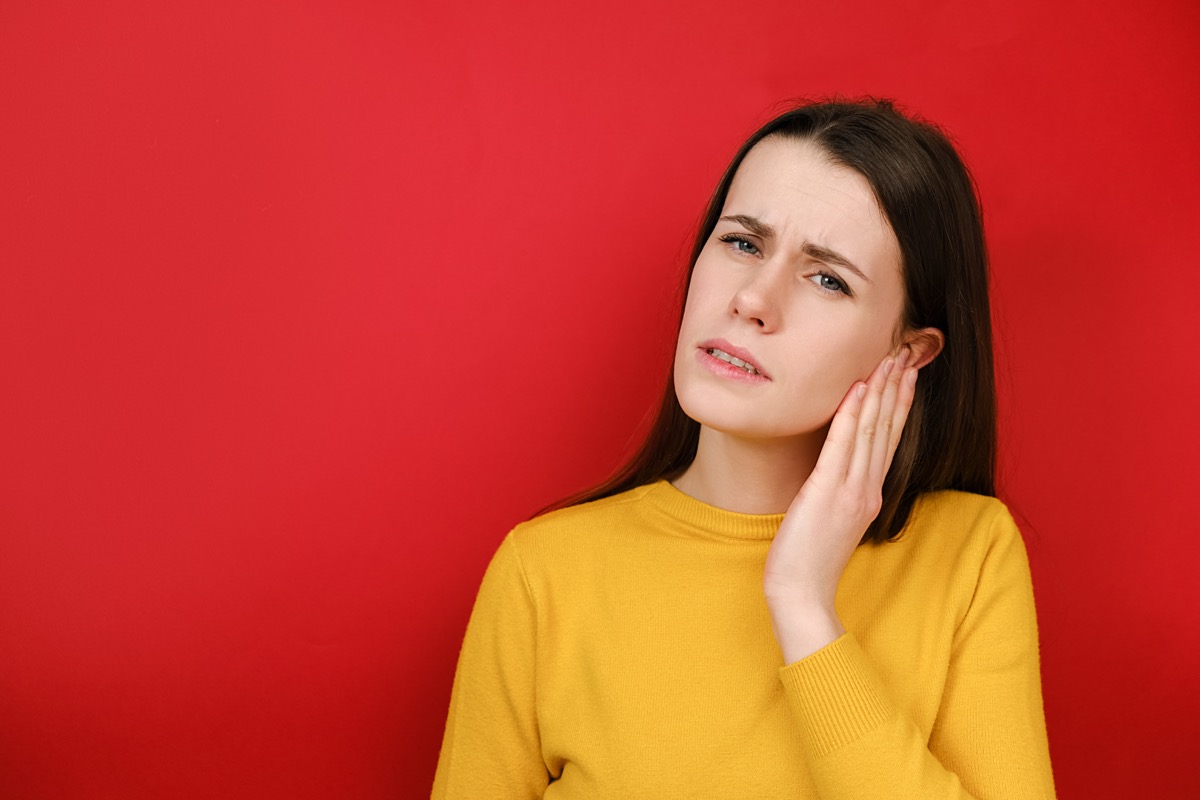Deborah Lee, MD, of Dr. Fox Online Pharmacy, recently spoke with The Independent about ear health and how cleaning your ears is an unnecessary hygiene practice. “Earwax will work itself out of the ear without you doing a thing,” she explained. “Just accept that nature will take care of this for you.“ae0fcc31ae342fd3a1346ebb1f342fcb The experts at Carson Hearing Care break it down further. “Cerumen (the scientific word for earwax) is your ears’ own cleaning solvent. It traps dirt and dust entering the ear canal, preventing it from slipping deeper down where it could get impacted and block your ear drum and dull your hearing,” they explain. The hearing aid company says normal body movements, like chewing, yawning, and talking, naturally move the unwanted earwax out of the ear canal. Robert H. Shmerling, MD, an editor at Harvard Health Publishing, has also dubbed the hygiene practice “unnecessary.” Writing for the Harvard Health Blog, Shmerling said, “The ear is self-cleaning. No routine maintenance is required. If you’re inserting swabs into your ears to remove earwax or prevent its buildup, think again. Earwax is produced within the ear canal and naturally migrates from deeper inside to outside.” However, anyone with an excessive amount of earwax or a drier form of the substance could be an exception, he clarified. But that doesn’t mean you should be reaching for a cotton swab. And for more habits to avoid, This Is the Absolute Worst Time to Brush Your Teeth, Dentists Say. As Lee told The Independent, the American Academy of Otolaryngology advises people to never put anything “smaller than an elbow” into your ears. “However irritating and frustrating it is, never stick sharp objects in your ears or poke cotton buds deep inside your ear canal,” Lee said. And if you think it’s OK to use a finger, fork, chopstick, or another type of foreign object that could fit in your ear—think again. Per Carson Hearing Care, putting objects in your ear to remove wax will “negate your ears’ self-cleaning efforts, pushing dirty old earwax deeper into the canal where it can get impacted.” Shmerling also noted that cotton-swab companies have warning labels on their packaging that read, “Do not insert swab into ear canal. Entering the ear canal could cause injury.” And for more up-to-date health news delivered straight to your inbox, sign up for our daily newsletter. “By poking objects inside your ears, you simply jam the wax more firmly onto the eardrum, and risk a perforation, which is a serious condition,” Lee told The Independent. “A perforated eardrum increases your risk of further ear infections and will damage your hearing. It may not heal by itself, and might need a surgical repair.” Lee recommends that anyone with a build-up of earwax use ear drops—which can be used twice a day for up to one week. However, if symptoms still persist, see your doctor. Yu-Tung Wong, MD, an ear specialist, detailed severe injury cases from cotton swabs for the Cedars-Sinai website. “The cotton swab can damage many sensitive structures behind the ear canal and cause complete deafness, prolonged vertigo with nausea and vomiting, loss of taste function, and even facial paralysis,” Wong warned. And for more hygiene warnings, This Is What Happens If You Don’t Brush Your Teeth for a Day, Study Shows. The human body is extraordinary, and earwax is made to prevent infection. “Earwax is produced by the cells lining your outer ear and ear canal. It’s made up of sebum, a natural oily substance produced in the sebaceous glands, which becomes mixed with dead skin cells, sweat and dirt,” Lee told The Independent. “The combination of sebum in your outer ear, along with hairs in the outer ear and ear canal, trap dirt and foreign particles and prevent potentially harmful bacteria and viruses from traveling down inside your ear.” In fact, the production of earwax is healthy and a sign of good hygiene. According to Shmerling, the sometimes gross bodily substance is actually a natural moisturizer for the skin inside the ear. It also “traps dirt and dust before they can reach deep into the canal, absorbs dead skin cells and debris, and prevents bacteria and other infectious organisms from reaching the inner ear.” If you’re among those who feel strange not cleaning their ears, Carson Hearing Care concludes, “All you really need to do is take your daily shower, wash your hair and then dab those lovely ears out with a towel. This is safe.” And for things you should be cleaning more, discover The One Thing in Your Kitchen You’re Not Cleaning Enough.



